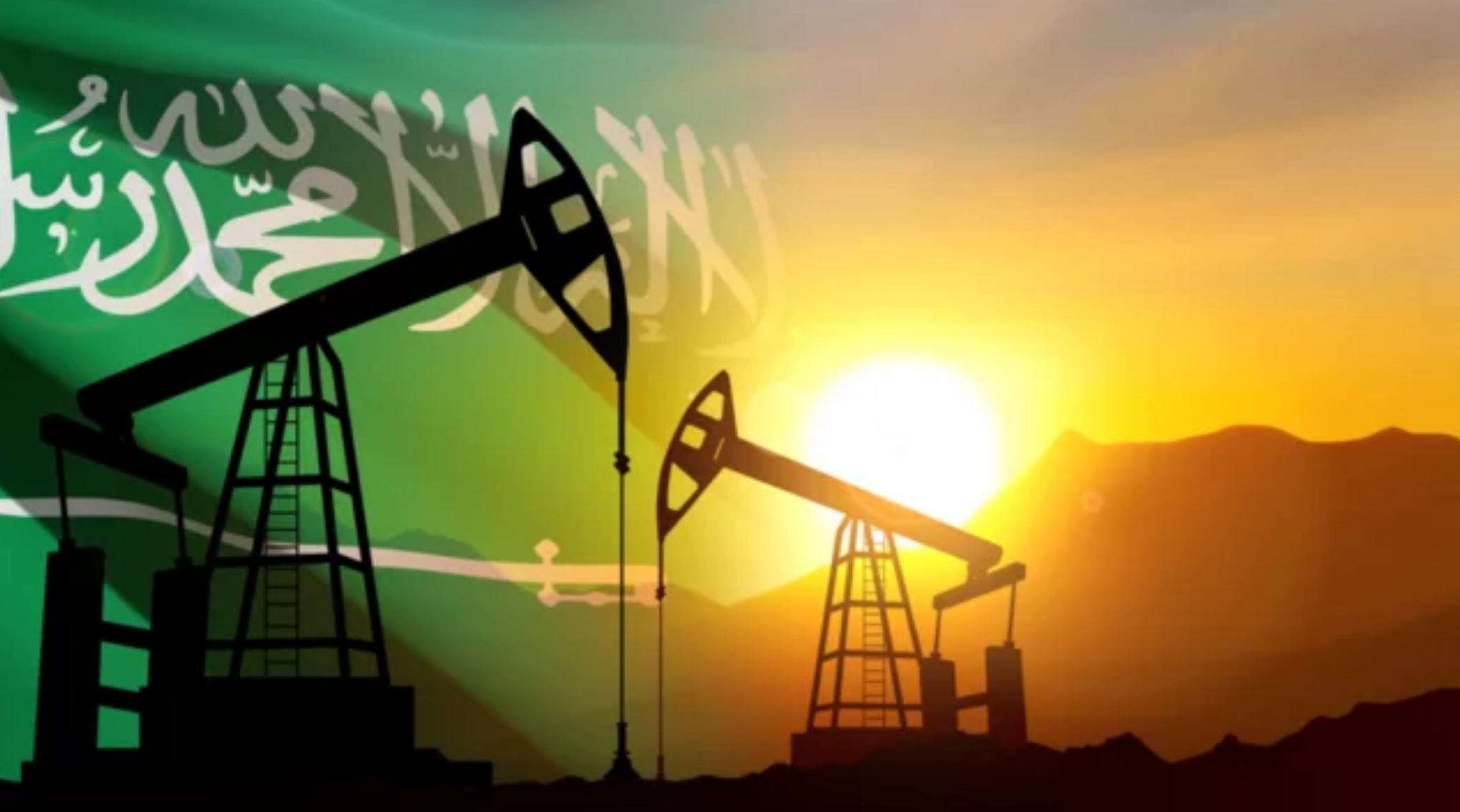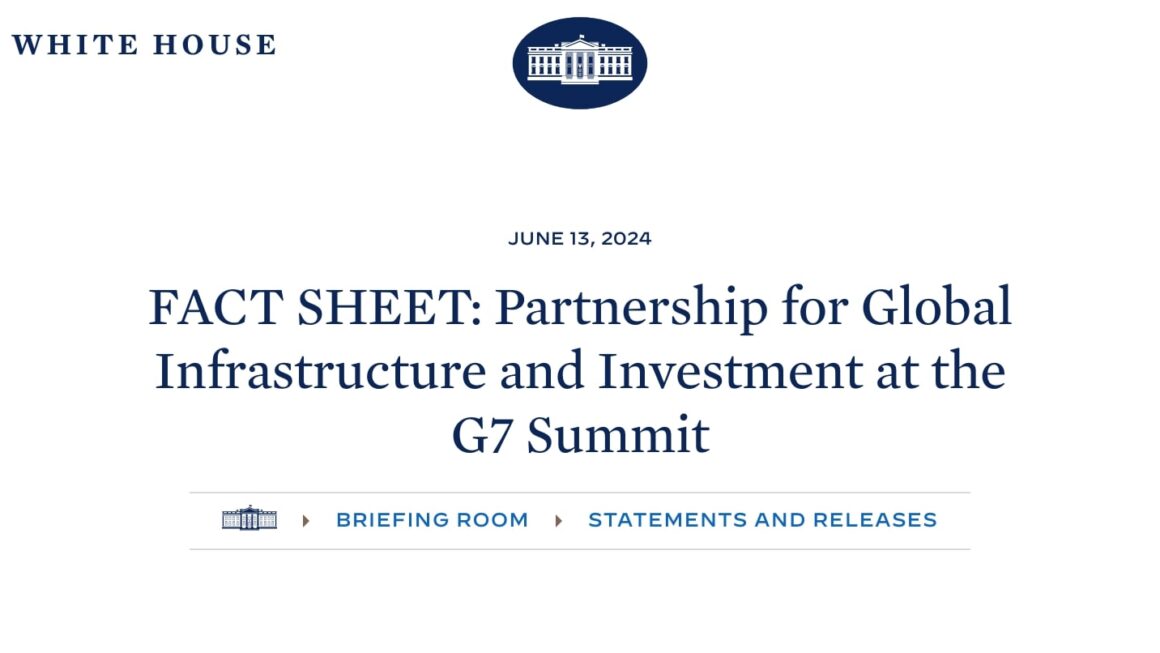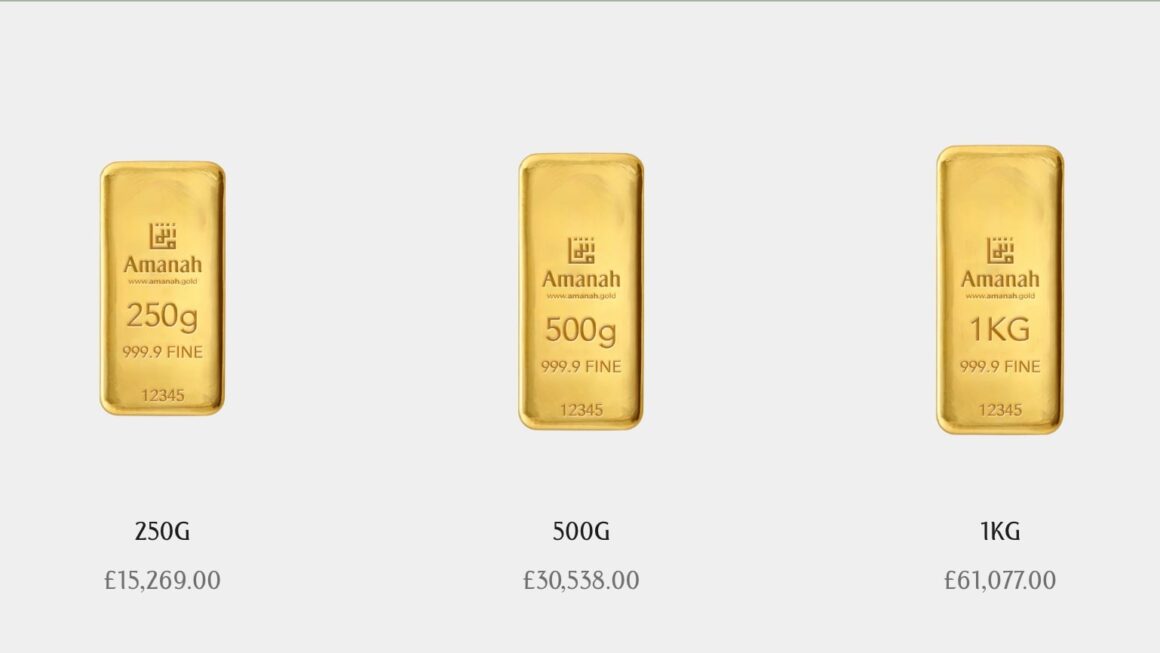On April 22, 2023, Russian President Vladimir Putin and Saudi Crown Prince Mohammed bin Salman held a phone call to discuss OPEC+ cooperation. This call highlights the importance of OPEC+ cooperation in stabilising oil prices and ensuring the stability of the global economy. In this article, we will delve deeper into the history of OPEC+ cooperation, Russia and Saudi Arabia’s roles in this cooperation, the details of the phone call, the benefits of OPEC+ cooperation, challenges to OPEC+ cooperation, the future of OPEC+ cooperation, and potential changes to the OPEC+ agreement.
The OPEC+ Agreement
The Organisation of the Petroleum Exporting Countries (OPEC) was formed in 1960 to coordinate the policies of oil-producing countries and ensure fair prices for oil. In 2016, OPEC agreed to cut oil production to stabilise oil prices, but this agreement was not enough to prevent a global oil glut. To address this, OPEC formed an alliance with 10 other oil-producing countries, collectively known as OPEC+. The OPEC+ agreement aimed to stabilise oil prices by cutting oil production by 1.2 million barrels per day.

Russia’s Role in OPEC+
Russia is not a member of OPEC but has historically cooperated with OPEC to stabilise oil prices. In 2016, Russia agreed to cut oil production as part of the OPEC+ agreement. Putin has expressed his support for OPEC+ cooperation and has emphasised the importance of stable oil prices for the global economy.
Saudi Arabia’s Role in OPEC+
Saudi Arabia is the largest producer and exporter of oil in the world and has played a significant role in OPEC since its inception. Saudi Arabia has also been a key player in OPEC+ cooperation and has led efforts to stabilise oil prices through production cuts.
The Phone Call
During their phone call, Putin and Salman discussed the importance of OPEC+ cooperation and the current state of oil prices. They also discussed potential changes to the OPEC+ agreement and how Russia and Saudi Arabia can work together to overcome challenges to OPEC+ cooperation.
Benefits of OPEC+ Cooperation
OPEC+ cooperation benefits both Russia and Saudi Arabia by stabilising oil prices and ensuring a stable global economy. Stable oil prices benefit oil-producing countries by ensuring a steady revenue stream and allowing them to plan for future investments. For importing countries, stable oil prices ensure that prices remain affordable and do not negatively impact their economies.
Challenges to OPEC+ Cooperation
OPEC+ cooperation has faced challenges in the past, including disputes over production cuts and tensions between member countries. However, both Russia and Saudi Arabia have expressed their commitment to OPEC+ cooperation and have worked together to overcome these challenges.

Future of OPEC+ Cooperation
The future of OPEC+ cooperation is uncertain, but both Putin and Salman have expressed their commitment to working together to ensure stable oil prices and a stable global economy. Potential changes to the OPEC+ agreement may include adjustments to production cuts or new member countries joining the alliance.
Conclusion
The phone call between Putin and Salman highlights the importance of OPEC+ cooperation in stabilising oil prices and ensuring a stable global economy. Both Russia and Saudi Arabia play important roles in OPEC+ cooperation, and their continued commitment to this alliance is crucial for maintaining stable oil prices.
FAQ
-
What is OPEC+? OPEC+ is an alliance between OPEC and 10 other oil-producing countries that aims to stabilise oil prices by cutting oil production.
-
How does OPEC+ affect oil prices? OPEC+ affects oil prices by coordinating production cuts among member countries, which can lead to an increase in oil prices.
-
Why is Russia involved in OPEC+? Russia is not a member of OPEC but has historically cooperated with OPEC to stabilise oil prices and ensure a stable global economy.
-
Why is Saudi Arabia involved in OPEC+? Saudi Arabia is the largest producer and exporter of oil in the world and has played a significant role in OPEC since its inception. Saudi Arabia also leads efforts to stabilise oil prices through OPEC+ cooperation.
-
What is the future of OPEC+ cooperation? The future of OPEC+ cooperation is uncertain, but both Russia and Saudi Arabia have expressed their commitment to working together to ensure stable oil prices and a stable global economy. Potential changes to the OPEC+ agreement may include adjustments to production cuts or new member countries joining the alliance.














